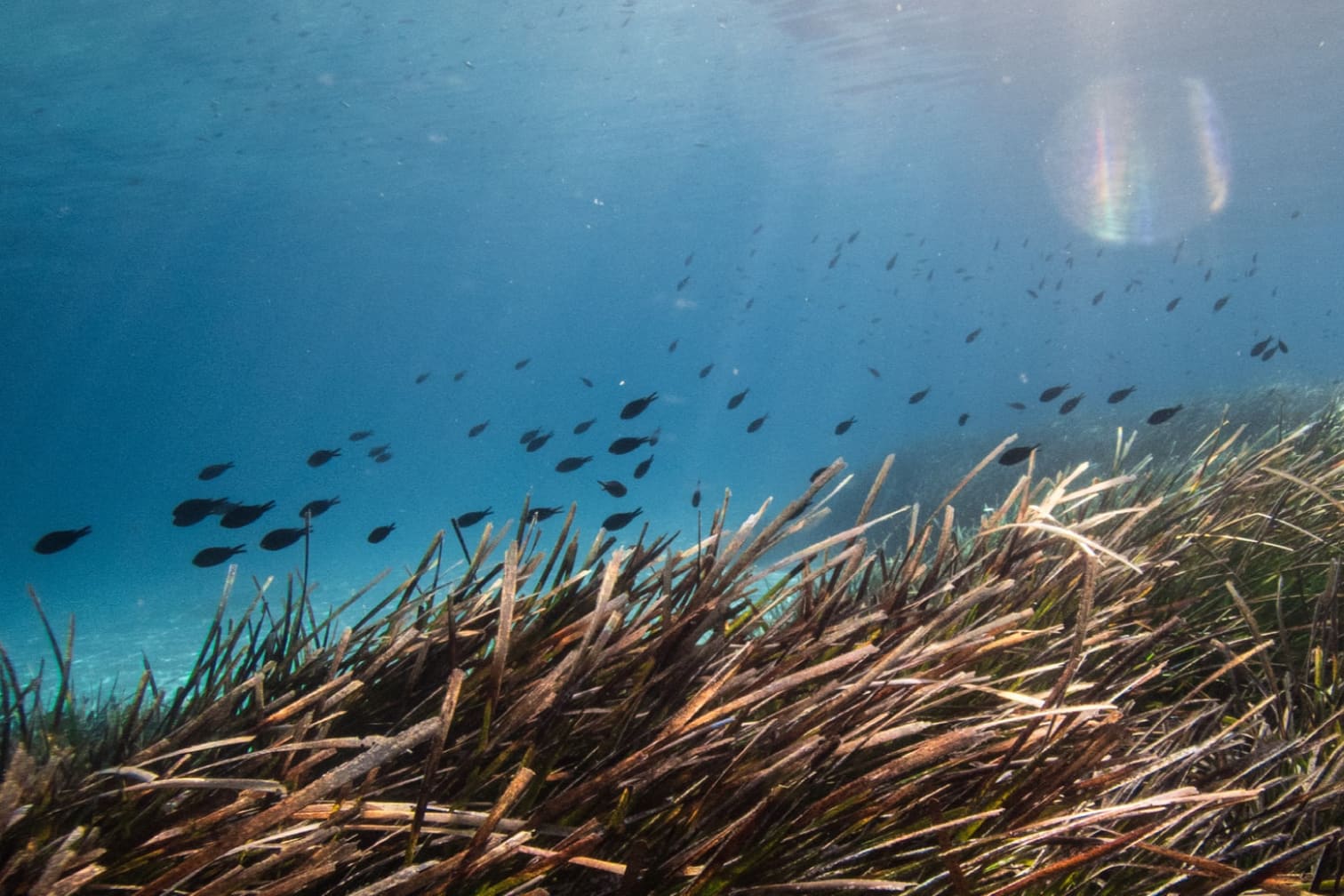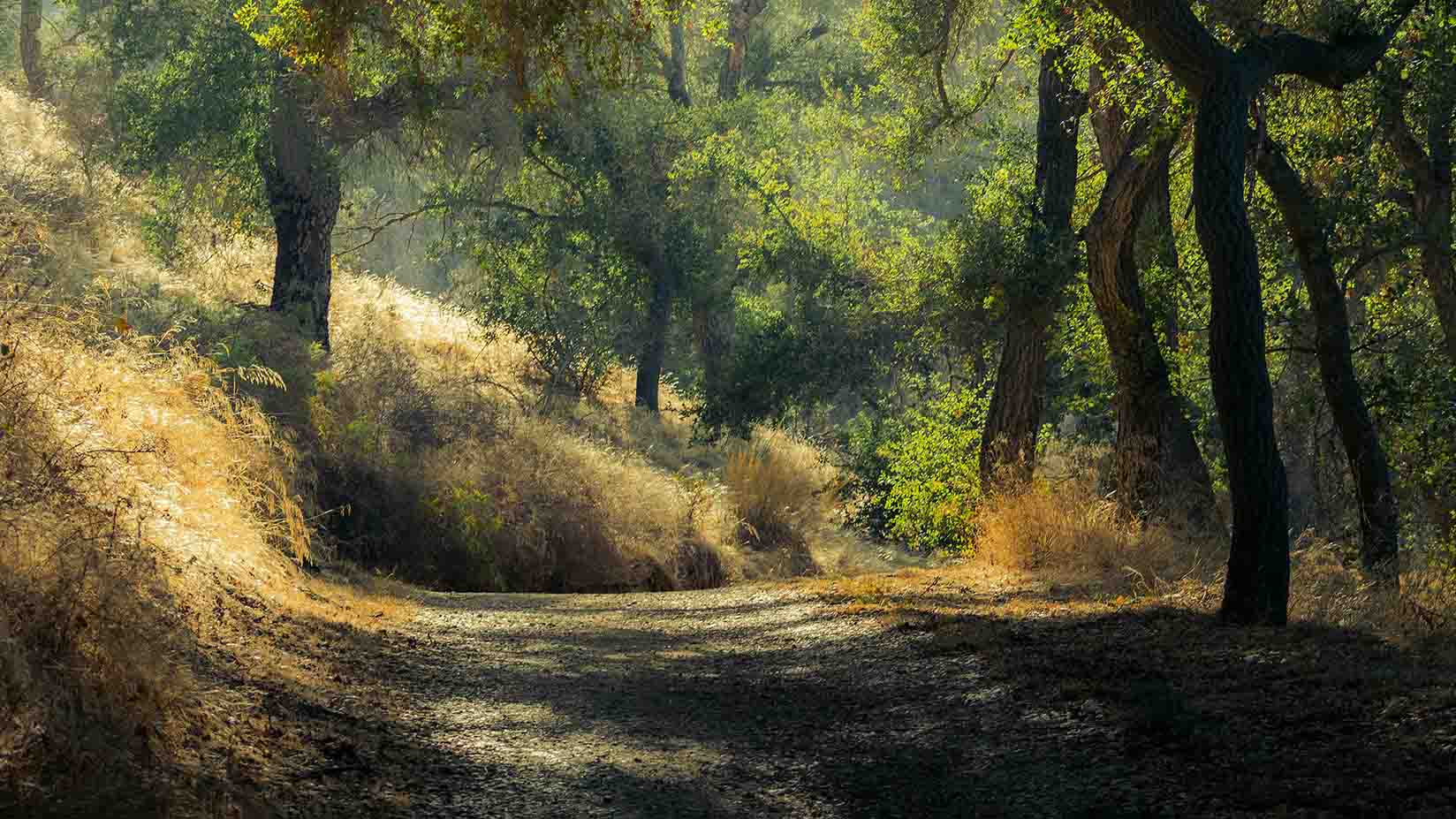
The Mediterranean Sea is one of the world’s most emblematic natural jewels, and the province of Alicante—with its coastline stretching over approximately 200 kilometers—offers one of the best representations of this ecosystem. The diversity of landscapes, the historical richness, and the Mediterranean climate make this region a unique place in Spain
The province of Alicante is characterized by a diverse and varied coastline that extends from the north, in Denia, to the south, in Pilar de la Horadada, part of the Vega Baja. As a central hub, the city of Alicante is one of the most visited destinations, featuring urban beaches such as San Juan Beach and Albufereta Beach, both with calm waters and excellent tourism infrastructure. The crystal-clear waters and golden sand of San Juan attract those seeking to bask in the sun in a well-connected setting.
As you move south, the coast transforms into a series of natural landscapes and quieter areas. In the city of Elche, Arenales del Sol Beach stands out for its peaceful environment, ideal for those looking to relax. Also noteworthy is Marina Beach, near the Torre de la Horadada, which combines the beauty of the Mediterranean with dunes and native vegetation.
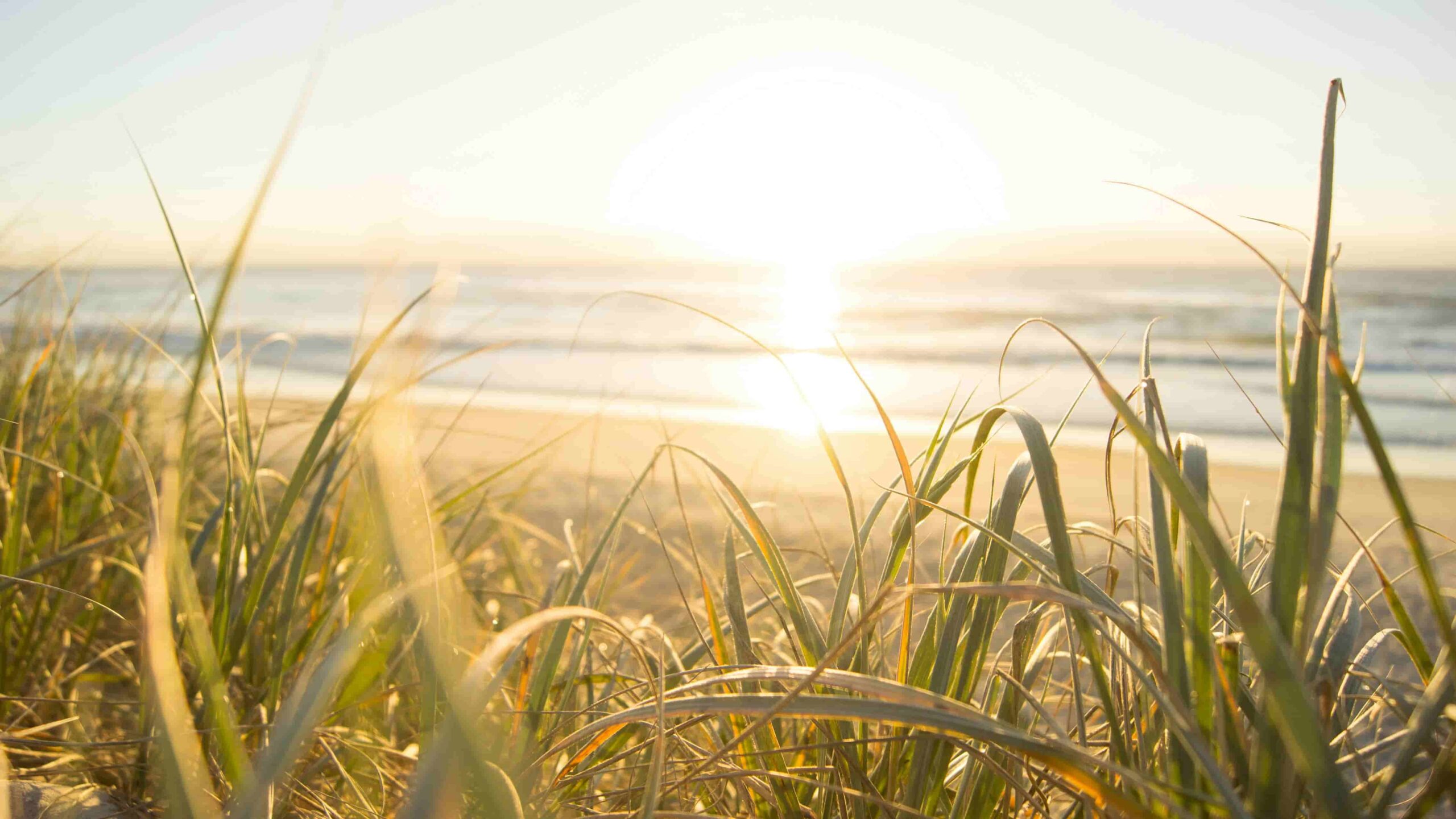
The Costa Blanca, in the center of the province, encompasses a series of beautiful coastal towns such as Altea, Benidorm, and Calpe. Altea, with its secluded coves and crystal-clear waters, is perfect for ecotourism, while Benidorm—known for its lively nightlife and vibrant tourist atmosphere—attracts thousands of visitors each year. The town of Calpe is famous for its imposing rock, the Peñón de Ifach, which rises majestically from the sea and has become a symbol of the Costa Blanca.
Continuing south in the province, the Vega Baja offers a less crowded yet equally spectacular coastline. Beaches such as those in Guardamar del Segura, with its extensive sandy area; the Beach of the Wrecks in Torrevieja; and the beaches of Las Higuericas, El Conde, and Rocamar, among others in Pilar de la Horadada, appeal to those seeking a more relaxed atmosphere.
El Conde Beach is spacious and family-friendly, with fine, golden sand and clean waters. It offers a good range of services—such as restaurants, beach bars, and sports areas—making it ideal for enjoying a full day at the coast.
Rocamar Beach provides a more tranquil and natural setting. With a mix of sand and rocky areas, along with clear, calm waters, it is perfect for those looking to relax and disconnect in a less crowded environment.
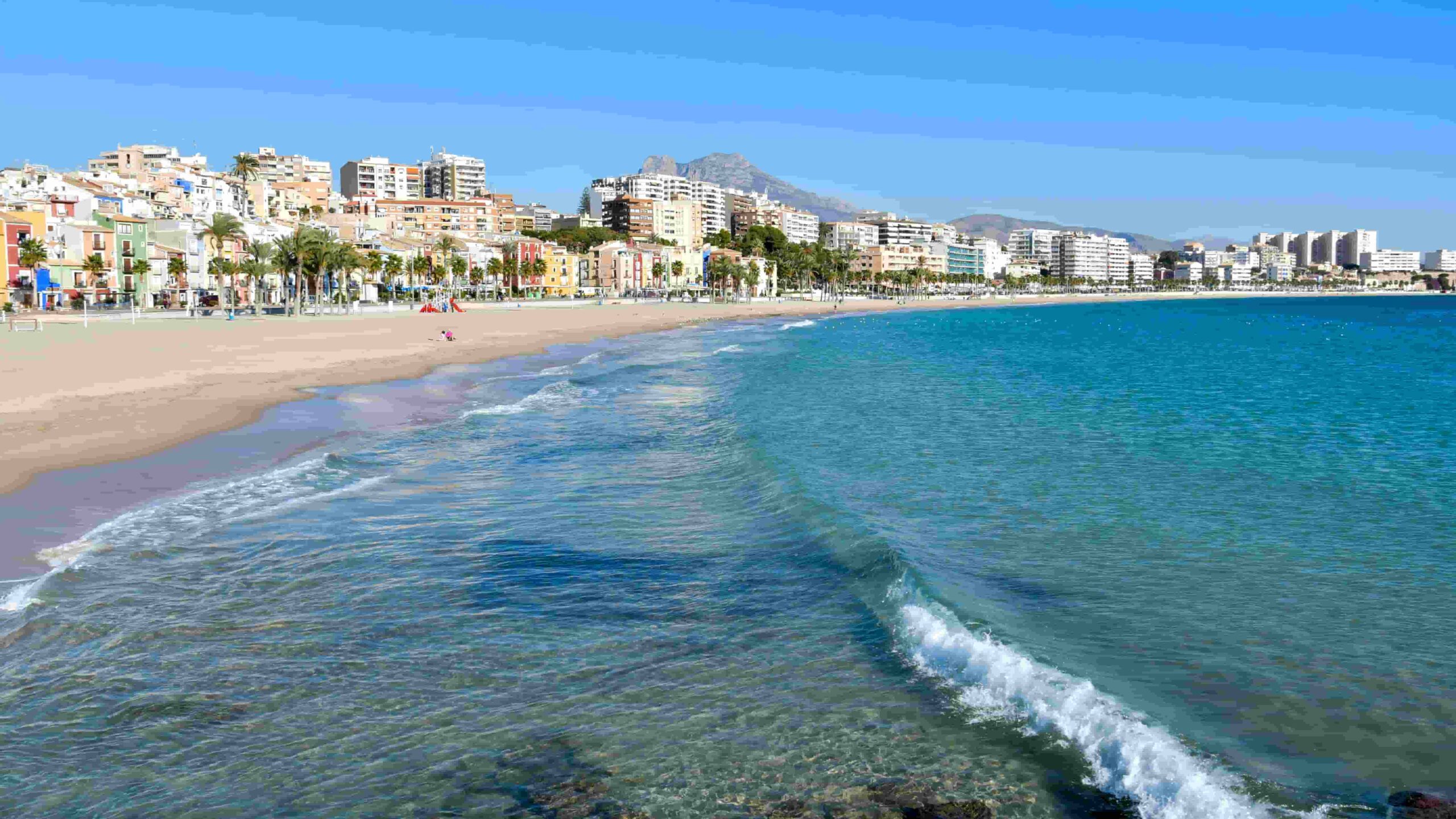
The Mediterranean Sea in the province of Alicante: A natural and cultural treasure.
The Mediterranean has profoundly influenced the culture and history of the province of Alicante. The city of Alicante is famous for its Santa Bárbara Castle, which looms over the city, and for its old quarter, known as El Barrio, filled with narrow streets and historic buildings. Moreover, the region boasts numerous museums, festivals, and cultural events that celebrate the rich heritage of the civilizations that have left their mark in this area.
Alicante’s cuisine is another major attraction of the province. Traditional dishes such as arroz a banda, seafood rice, fish stew, and the renowned paella are examples of how the Mediterranean has shaped local cooking. Fresh seafood, including fish and shellfish, is essential to the Alicante diet and is widely used in the preparation of these dishes.
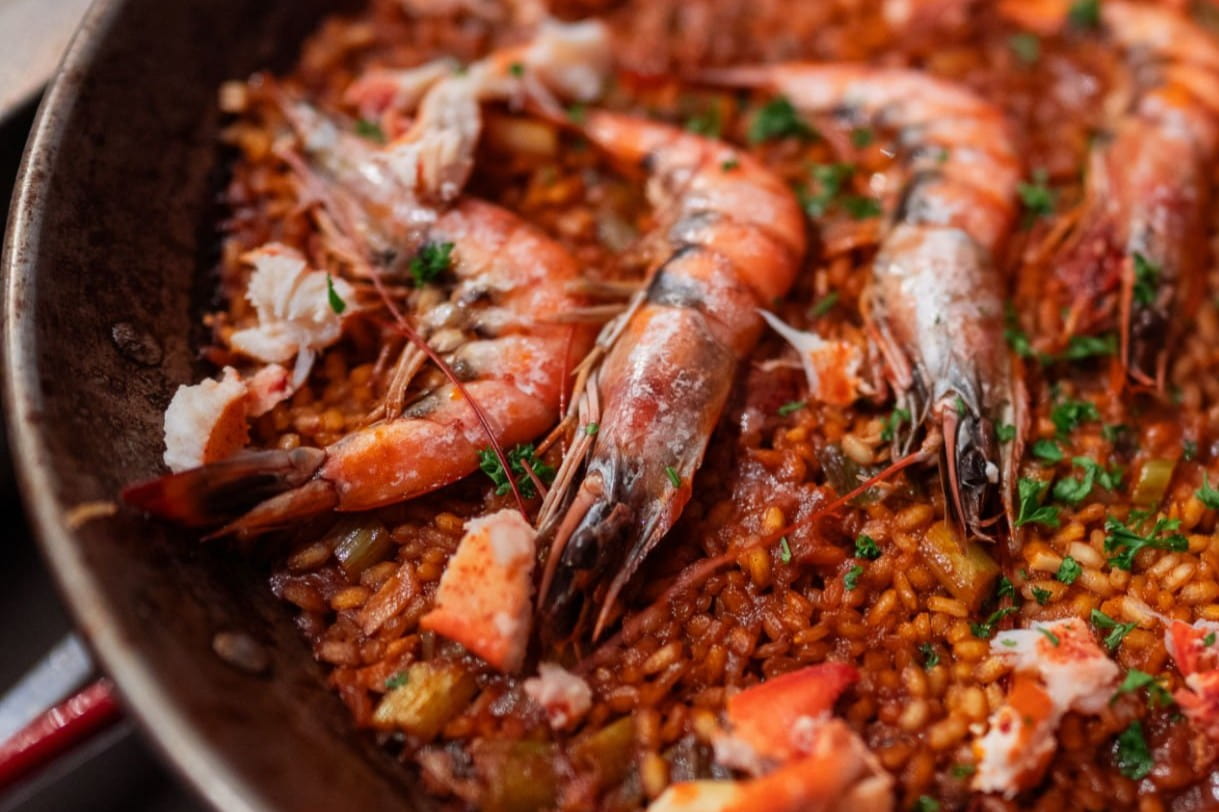
The conservation of the marine environment is a priority in the province of Alicante. Along its coastline, several natural parks can be found, such as the Tabarca Island Natural Park, the Benidorm Island Marine Reserve, and the Torrevieja Lagoons Natural Park, all of which help protect both marine and terrestrial biodiversity. Additionally, ecotourism and sustainable tourism are becoming increasingly popular, promoting the conservation of natural resources and fostering respect for the environment.
